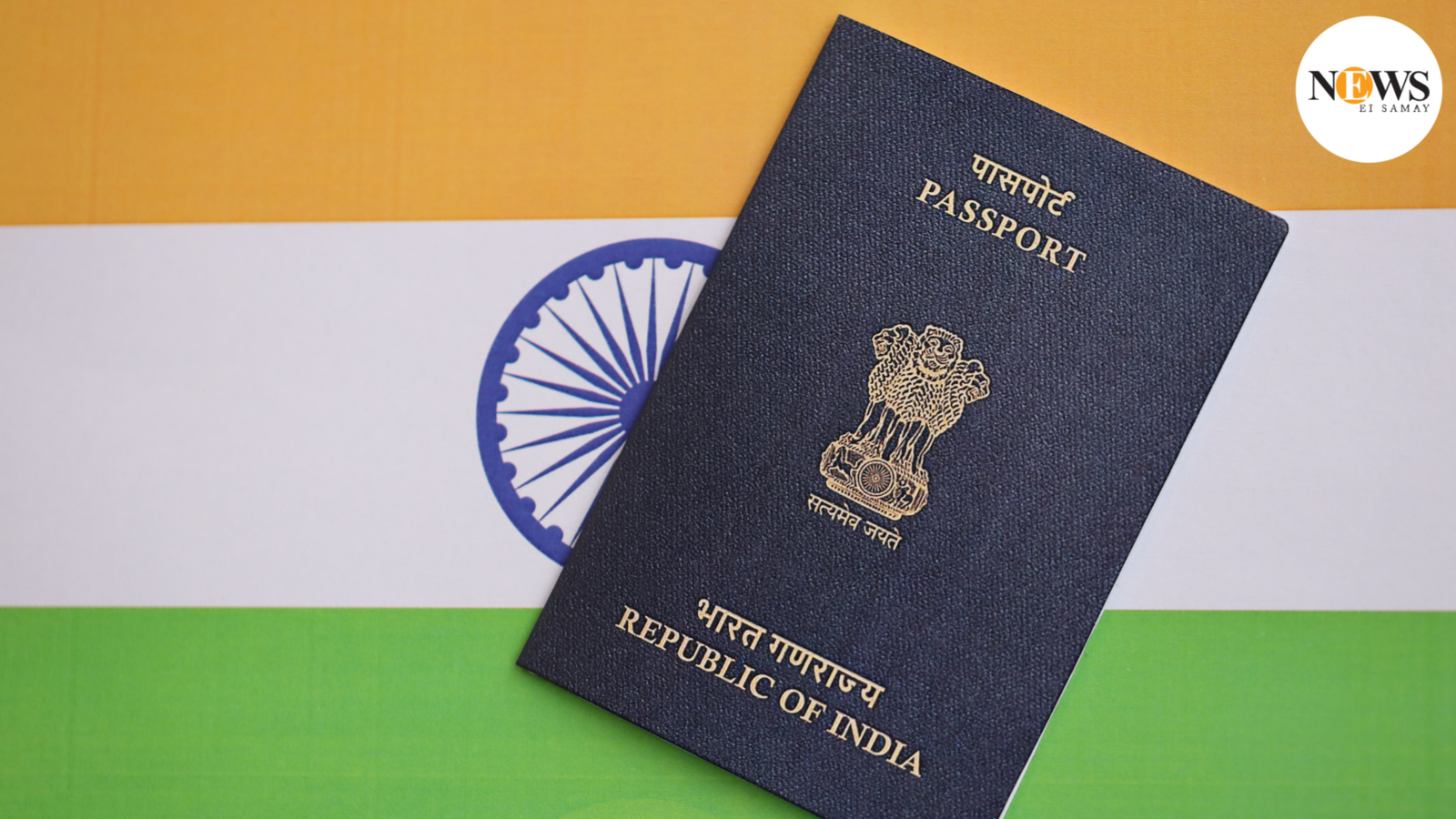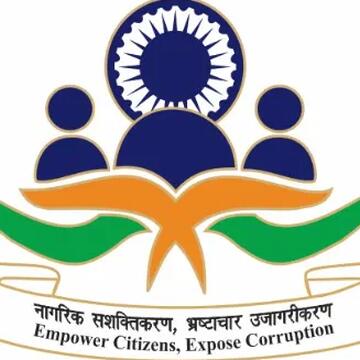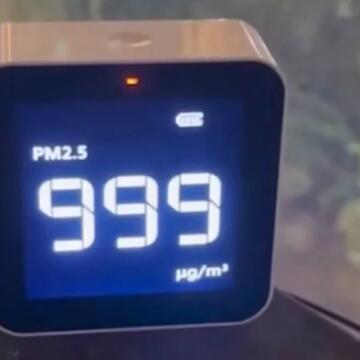18 September, Thursday: e-Passports are now available for Indian citizens which is considered to be the next-generation travel document. This will be combining physical and digital security features. This was first introduced on April 1, 2024 by the Ministry of External Affairs (MEA). Under a pilot programme this was introduced by making it available across selected passport offices, with further plans to expand nationwide in the coming months, according to reports.
Among several new features, one of the major identifications is the small gold-coloured emblem printed just below the word “Passport” on the front cover. This subtle change differentiates itself from the traditional passport but obviously does not replace it. e-Passport is another upgraded version which will ease improving security, ensure transparency and efficiency in international travel.
According to introductions set apart by the MEA officials, the e-passport will be integrating a secure Radio Frequency Identification (RFID) chip and antenna in the front cover. This chip will be holding hidden personal data and biometric information which will include fingerprints, facial image and iris scan. Everything has been improved keeping International Civil Aviation Organization (ICAO) guidelines in mind. This modern contactless technology enables faster and more reliable authentication at immigration counters worldwide which is aimed at reducing the risk of counterfeiting or duplication.
Let’s take a close look into the specifications of the new electronic Passport:
- Embedded RFID chip and antenna in the front cover
- Biometric data: fingerprints, facial image and iris scan
- Personal details including name, date of birth and passport number
- Encrypted, contactless access for added security
- Fully compliant with ICAO international standards
If you are a new applicant trying to register for your e-Passport then you can do it online via the official Passport Seva portal. After you are done registering or signing in, you have to complete the application form, then select the nearest Passport Seva Kendra (PSK) or Post Office Passport Seva Kendra (POPSK), and pay the applicable fee online. This will help you schedule your appointment at the chosen centre.
Everything has been rolled out in a scheduled phase to ensure more PSKs and POPSKs are equipped with required conditions to issue new passports over the coming months. Standard passports will still remain valid, but your e-passport is a major step toward digitising and modernising India’s passport system. With its gold emblem and high-tech chip, India’s e-passport promises a future of faster queues, safer travel and stronger security for millions of travellers.










